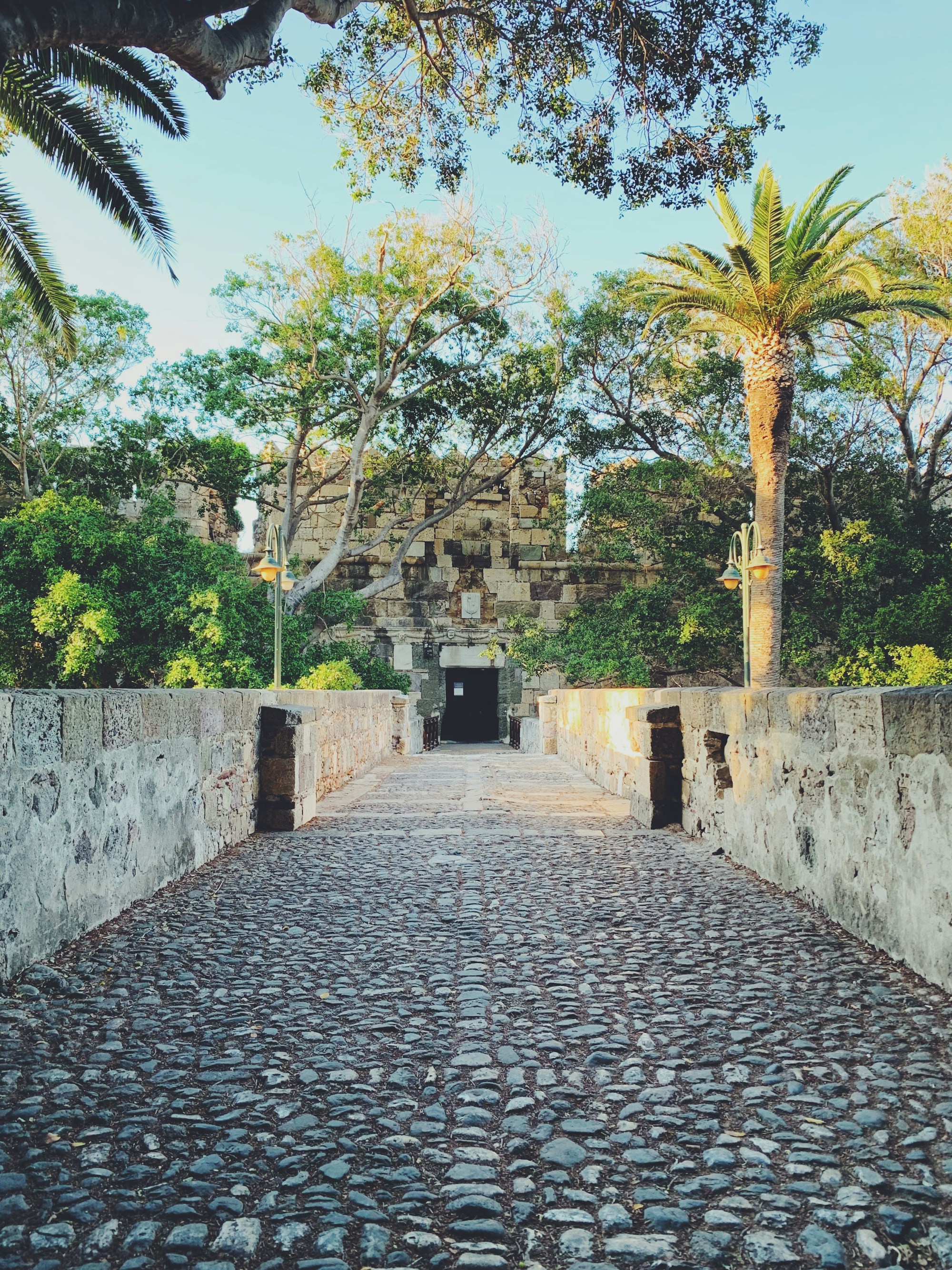Discover Kos: Local History, Customs, Festivals & Traditions Guide
Explore Kos: Dive into its rich history, unique customs, vibrant festivals & timeless traditions. Discover the heart of this Greek island.

Discover Kos: Local History, Customs, Festivals & Traditions Guide
Kos, one of the Dodecanese islands in the southeastern Aegean Sea, captivates visitors with its rich tapestry of epic history, vibrant customs, enthralling festivals, and deeply-rooted traditions. This comprehensive travel guide delves into the intriguing facets of Kos, offering an immersive look into its multifaceted heritage.
Historical Context
Ancient Eras
Kos boasts a history that dates back to antiquity. It was originally settled by the Karian inhabitants in the Bronze Age, before being colonized by the Greeks. In classical times, this island served as a critical medical center, primarily due to the influence of the legendary physician Hippocrates, often regarded as the "Father of Medicine." The Asclepeion of Kos, an ancient healing temple dedicated to Asclepius, remains a testament to the island's medical significance.
Hellenistic and Roman Periods
During the Hellenistic era, Kos became an influential cultural and commercial hub, with flourishing arts and sciences. Under Roman rule, the island continued to prosper, evident in the extensive ruins of ancient libraries, amphitheaters, and luxurious villas that are still standing today.
Byzantine and Ottoman Influence
The Byzantine period saw Kos becoming fortified against pirate raids. Later, it fell under Ottoman control in the 16th century, introducing new cultural layers to its existing fabric. This period left its mark, notably in the form of mosques and Ottoman architecture scattered around the island.
Modern Era
Post World War II, Kos was incorporated into Greece in 1947. Today, it is a blend of historical richness and modern amenities, attracting tourists from all over the world while maintaining its cultural heritage.
Cultural Practices
Everyday Life
The people of Kos, often referred to as 'Koans,' embody a serene yet vibrant lifestyle. Their daily routines are punctuated with laid-back social gatherings, robust family traditions, and a distinct emphasis on mutual respect and hospitality. The island's culinary style, incorporating a mix of locally produced ingredients such as olives, grapes, and honey, emphasizes simplicity and rich flavors.
Language and Religion
Greek is the primary language spoken, but due to the island's tourism industry, many locals are also proficient in English, Italian, and German. The predominant religion is Greek Orthodox Christianity, and many customs and festivals are deeply interwoven with religious practices.
Festivals and Celebrations
Religious Festivals
- Feast of Panagia (August 15th): This is one of the most significant religious celebrations. The entire island participates in church services, followed by large communal feasts featuring traditional music, dances, and plenty of food.
- Easter: Easter celebrations in Kos are particularly grand, with processions, church bell concerts, and the sharing of a festive meal including lamb and traditional Easter bread.
Secular Festivals
- Hippocratia Festival: This festival, held in July and August, honors Hippocrates with an array of cultural events, including theatrical performances, art exhibitions, and musical concerts.
- Wine Festival: Celebrated in early September in the village of Mastichari, this festival offers a tantalizing insight into local viticulture, with wine tastings, traditional dances, and folklore music.
Local Anecdotes and Interesting Facts
The Plane Tree of Hippocrates
According to legend, Hippocrates taught his students under a massive plane tree in Kos Town. This ancient tree, although genetically determined to be younger, stands proudly near the entrance of the Castle of the Knights, drawing countless visitors who wish to connect with the legacy of the great physician.
The Healing Waters
The thermal springs at Agios Fokas, known as the Therma, are another fascinating aspect of Kos attracting tourists. These mineral-rich waters, emanating from the volcanic soil, are believed to possess therapeutic properties, offering a natural spa experience amidst scenic views.
Olive Oil Production
Kos is renowned for its high-quality olive oil, crucial to the local economy and cuisine. Visiting an olive mill can offer an educational experience into the traditional methods of olive oil production, a practice that has remained relatively unchanged for centuries.
Visiting Kos
Whether you're a history buff, a lover of nature, a fan of authentic cultural experiences, or simply seeking a serene getaway, Kos offers a rich and varied experience. The island’s hospitable locals, mouth-watering cuisine, historical sites, and scenic beauty ensure a memorable visit.
